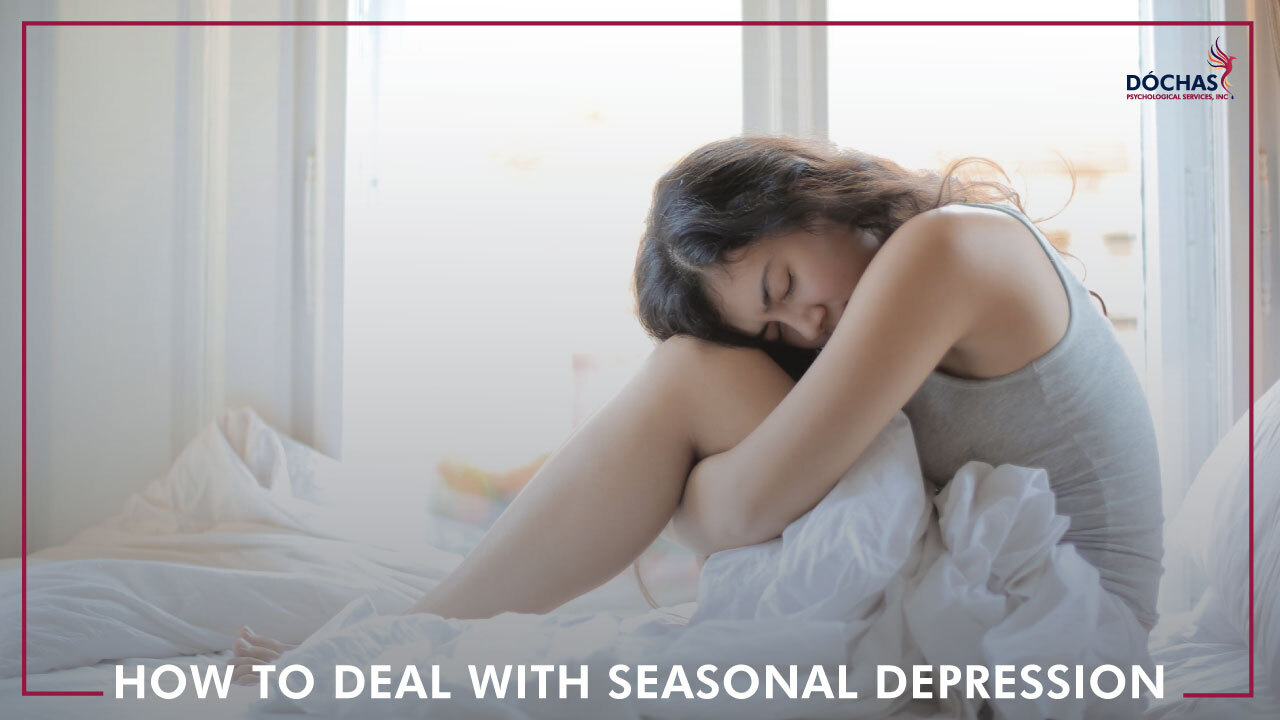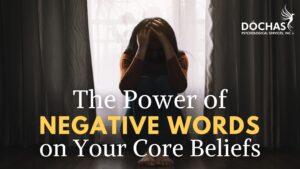Blue Monday was this week, and I don’t know about you—but after this deep freeze, I’m starting to feel the glumness of short, cold, and dark days. How do we cope with the feelings Blue Monday brings? There is just something not natural about not getting enough sunlight, oxygen, and being indoors that makes us go blah. It may be the lack of vitamin D or the excess of CO2 in our heated homes. Either way, it’s not helping our mental health.
Seasonal Depression or Seasonal Affective Disorder (SAD) is a phenomenon that affects many people and that is related to changes in seasons. It begins and ends at about the same time every year, and is caused by the lack of Vitamin D from short days and long, cold nights. And unfortunately, there’s not much you can do to control changes in sunlight and season. However, there are a few things that you can do to address the feelings of sadness and fatigue brought on by changes in weather.

Here are four strategies for coping with Blue Monday and the feelings we might experience around this time of year:
Exercise!
Physical activity has long been proven in helping address chemical imbalances in the brain. When you exercise, your body releases endorphins that help brighten your moods and address the serotonin and dopamine deficiencies that are often the culprits behind a lack of motivation, irritability, and decreased joy.
If you’re feeling the blues already, it can be hard to find the motivation to exercise, but if you can push yourself to do it consistently you will notice the difference. Start by doing everyday activities that are easy, fun, and simple. Dance to your favourite song, go for a walk with a friend, or just run around with your kids during the witching hour. All forms of movement count!
Watch What You Eat!
You are what you eat. Literally. If you eat crap, you will feel like crap. If you eat well, you will feel well. The composition of your diet has a significant impact on your energy levels, which in turn impact your mental health.
Fruits and veggies are rich in vitamins and nutrients and will reduce inflammation in your body that often make you feel “blah.” Excess carbohydrates and processed food will increase inflammation in the body, resulting in an overall icky feeling and inconsistent levels of energy. Make a few small changes to your diet by adding fruits to your breakfast routine and snacking on veggies throughout the day, and see how you feel.
Social support
Connection is a basic human need. Whether you are an introvert, extrovert or ambivert we all have some desire to relate to others on some level or degree. While it can be easy to hermit when it’s cold and dark outside, try to find ways to socialize instead. Invite a friend over for hot cocoa and a movie, go out to dinner instead of staying in, or just stop and chat with a neighbour for 15 minutes. It feels good to talk to someone and feel connected. This can help you feel less alone and keep the negative thoughts and feelings at bay. Talking to others also helps you process the emotions and thoughts you might be experiencing. It helps to relate to others in our moments of sadness. It normalizes emotions and helps us understand the natural ups and downs of life.
 Get some sunlight!
Get some sunlight!
This one is simple: GO OUTSIDE! Humans are not meant to stay confined to four walls day and night. We are not meant to breathe CO2—we need oxygen. You need sunlight, vitamin D, and fresh air, and when you don’t get it enough, your body responds by shutting down because it feels deprived. If it’s not possible to go outside for longer than a few minutes a day, try turning on the lights in your house, opening the blinds, and if needed buy a sun lamp. It’s amazing what a little bit of light can do to brighten your mood.
Coping with Blue Monday and With Seasonal Depression
There you go—four strategies to help you cope with seasonal depression. In addition to these four strategies, the best thing you can do is have patience with yourself in the winter! As nature around us hibernates through the winter, it’s no wonder we feel out-of-rhythm and sluggish. But remember this is only a season, and it will pass.
However, if you feel you’d benefit from a little more professional help as you navigate seasonal depression, or other “blue” feelings, you can book an appointment with one of our psychologists at Dochas: get in touch with us by calling us at 780 446 0300 or emailing info@dochaspsych.com.
About Dóchas Psychological
Dóchas Psychological Services is a well-established and trusted therapy clinic located in Spruce Grove, Alberta. At Dóchas we value the idea that everyone deserves a safe space. Through connection and education, our team works hard to build a trustworthy relationship with each of our clients. It is our goal to create a community for our clients to feel like they belong.
Disclaimer
Information provided through Dóchas Psychological Services blogs or vlogs is meant for educational purposes only. They are NOT medical or mental health advice. You can read more about our disclaimer here.


 Get some sunlight!
Get some sunlight!






